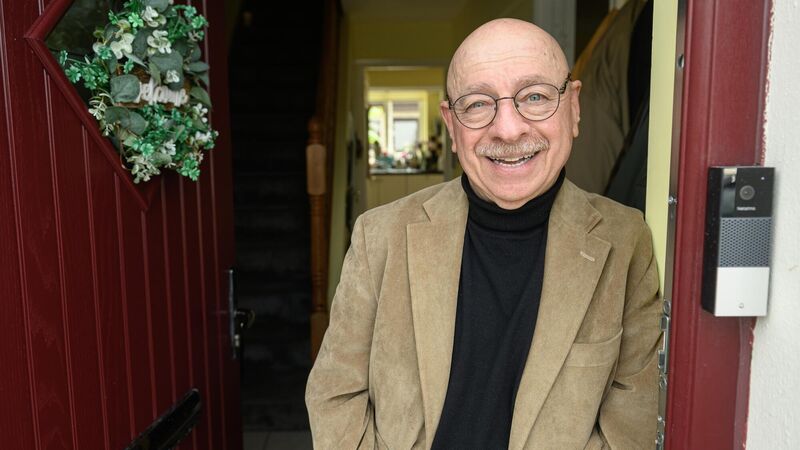I retired and became a bereavement guide — here's what I've learned

American secular chaplain Neal Dunnigan, at his home in Cork. Picture Dan Linehan
Try from €1.50 / week
SUBSCRIBEWhat the dying most regret is how they conducted their relationships, lay chaplain Neal Dunnigan says.
“They can feel they didn’t spend enough time, or quality time, with people to get to know them properly or help someone close to them.”
Already a subscriber? Sign in
You have reached your article limit.
Annual €130 €80
Best value
Monthly €12€6 / month
Introductory offers for new customers. Annual billed once for first year. Renews at €130. Monthly initial discount (first 3 months) billed monthly, then €12 a month. Ts&Cs apply.
CONNECT WITH US TODAY
Be the first to know the latest news and updates
Newsletter
The best food, health, entertainment and lifestyle content from the Irish Examiner, direct to your inbox.
Newsletter
The best food, health, entertainment and lifestyle content from the Irish Examiner, direct to your inbox.
© Examiner Echo Group Limited